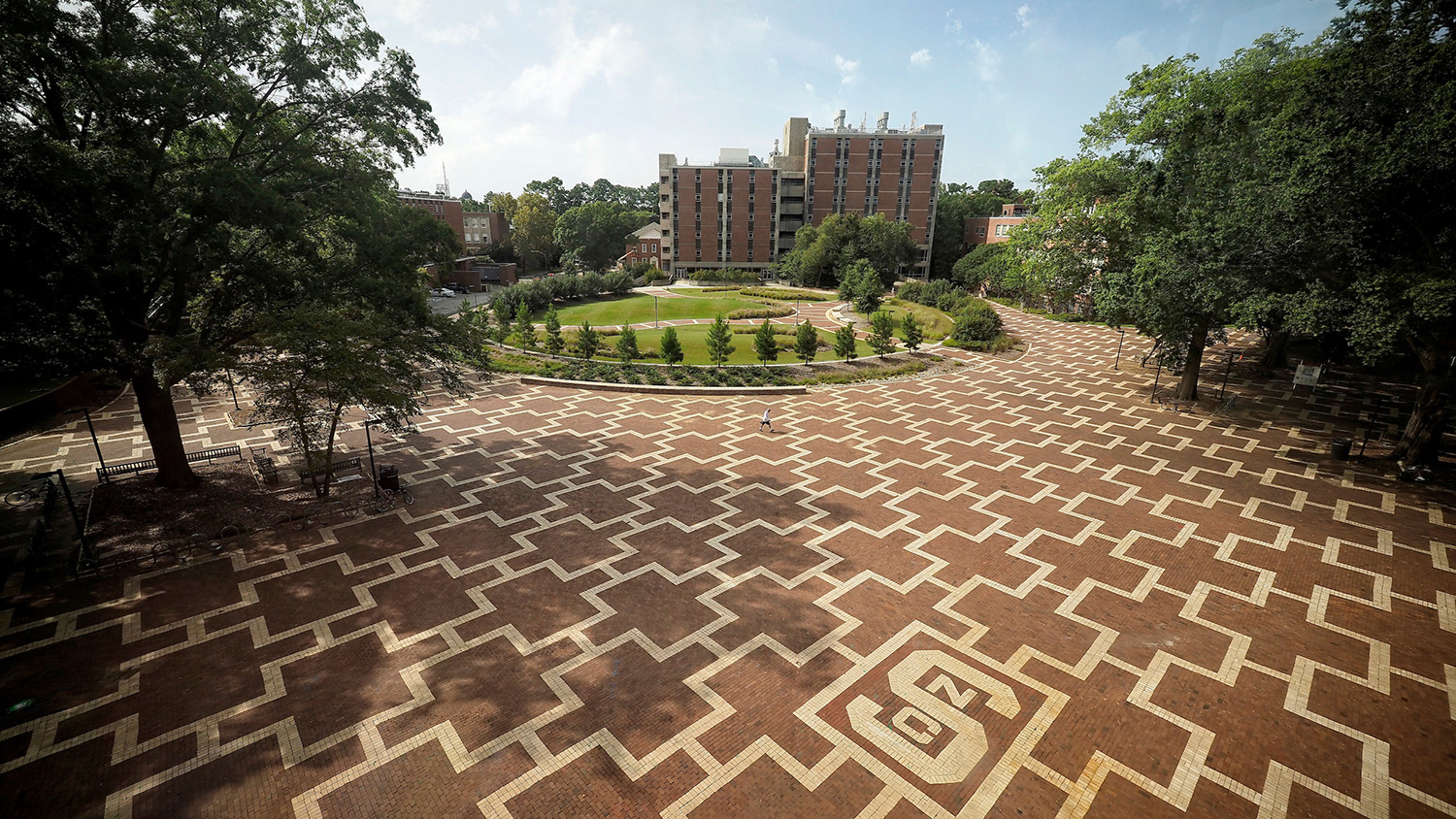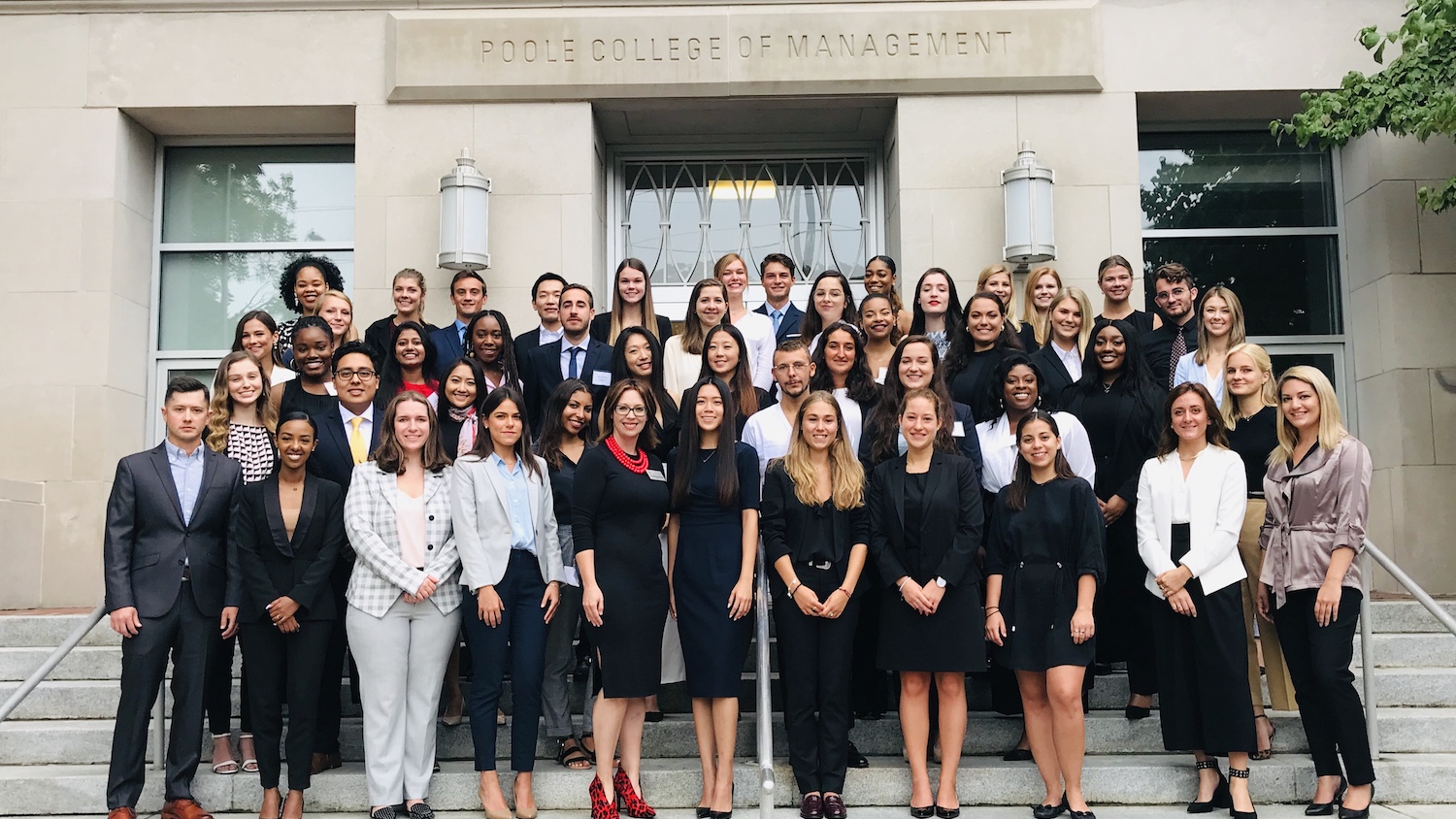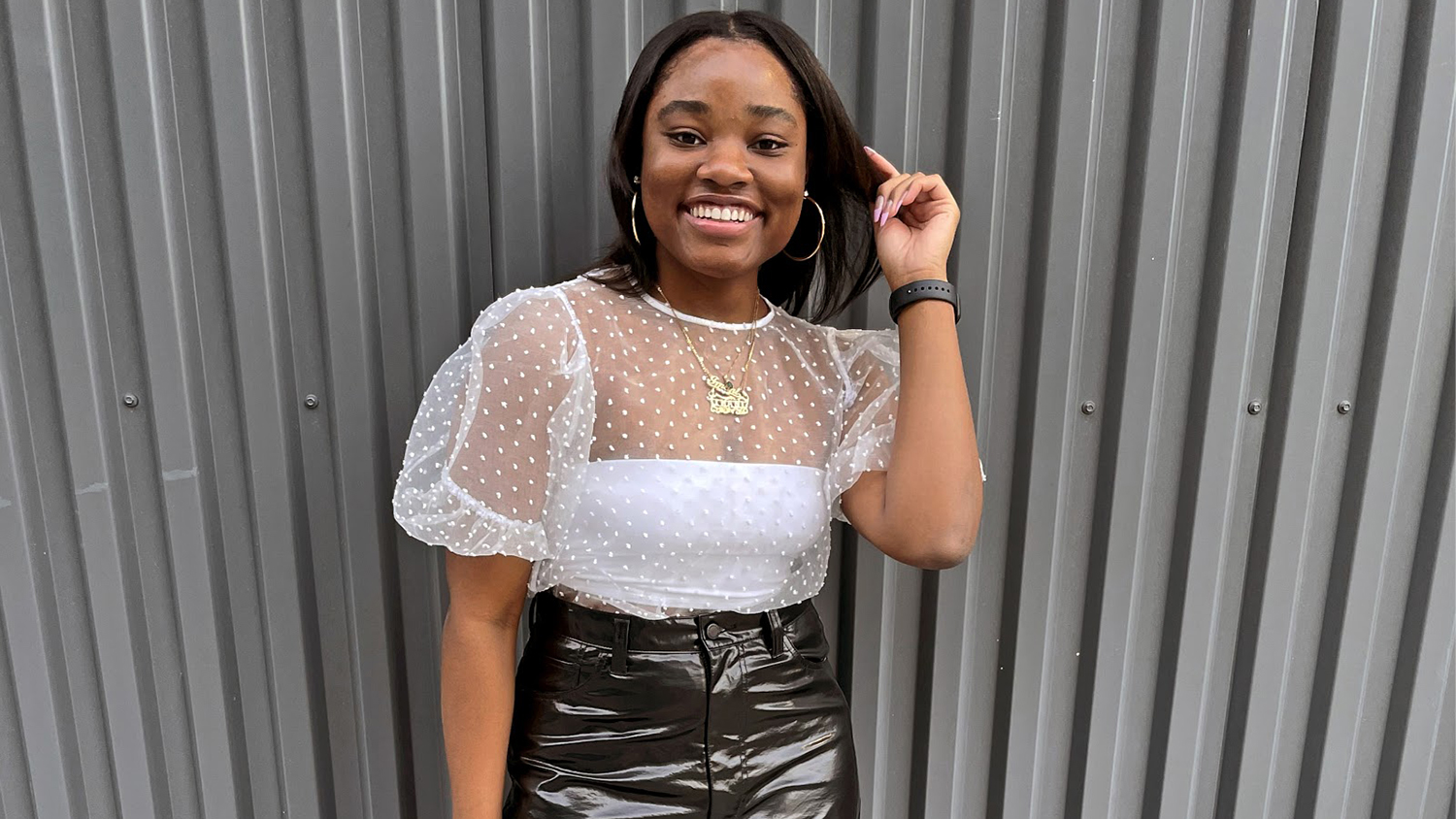Students enrolled in Poole College of Management’s Global Luxury and Management (GLAM) Graduate Program recently engaged in two days of workshops focused on diversity and inclusion.
Stephanie Helms Pickett, associate vice provost of Inclusive Excellence and Strategic Practice, led the sessions, entitled, Diversity in Higher Education – A GLAMourous Approach.

The workshops covered a range of topics from socialization and bias to the underpinnings of diversity in higher education. They discussed meaningful ways to work toward achieving inclusive excellence in both personal and professional pursuits, and specifically focused on the luxury industry.
“These students will go on to create lifestyle experiences for people within the luxury industry,” Helms Pickett said. “Having this lens and understanding as part of their tool kit is critical, so they’re not making mistakes that ripple far beyond their reach.”
The second day featured Niani Harris, a 2020 GLAM alumna, presenting the thesis research she completed with classmate Imani Starling-Brown. Their research analyzed the evolution of the luxury fashion industry through the influence of black-owned fashion brands and the trickle-up theory, focusing on the development of diversity and inclusion initiatives for established luxury fashion brands and the emergence of black-owned luxury fashion brands.

Planning for the workshop began in early 2020, when Helms Pickett met with Kristie McGowan, director of the GLAM program, to map out a plan. At that time they planned for in-person workshops, but the group pivoted to a virtual format when the COVID-19 pandemic struck. The program remained interactive, however, through activities and break-out sessions.
The GLAM cohort is a diverse and global group. Students are recruited by both NC State University and SKEMA Business School in Paris, and represent countries from around the world, McGowan noted. What’s more, the 2020-2021 cohort includes 31 percent underrepresented minorities and is 72 percent female, she said.
“It is important for our students to understand what makes each other diverse and unique and to give perspective about one another,” McGowan said. “This is important not only for their engagement with one another during the program but also preparation for when they enter industry.”
The luxury industry, like many others, is facing an increased call for more awareness and understanding around diversity, equity and inclusion. Empowering GLAM students and increasing their awareness allows them to be change-agents when they enter the industry, she said.
“I want them to have the tools to understand diversity and inclusion and what that means not just in person-to-person engagements but in business strategy, marketing, and other areas,” McGowan said.
The first workshop session included an interactive discussion on a variety of topics surrounding diversity and inclusion, just a few of which included the exploration of socialization and characteristics of bias, visible and invisible diversity, and the examination of incidents on campus.
Prior to the second day, students completed homework to think about the luxury industry from an intersection of perspective, asking themselves, what does it look like, feel like, and sound like? What representations are present? And, what is the perceived impact? Students also took implicit bias tests following the first day. During the second day of workshops, they discussed that homework.
Harris presented her thesis research, Black is the New Black: How Black-owned Fashion Brands and the Trickle-up Theory Influence the Luxury Fashion Industry, on the second day as well.
As a GLAM graduate with experience in the luxury industry, Harris said she hopes the workshops and her presentation will encourage students to be more considerate and thoughtful in their practices and in the way they think.
“Most of the themes and lessons within these workshops are things that people tend to overlook,” she said. “These are things students should consider.
“They may not get it right every time, and there’s no ‘one-size-fits-all’ to diversity and inclusion, but it’s something to be acknowledged, to be mindful of in your actions, and mindful of how you respond.”
Helms Pickett agreed with that idea, adding that the workshops should help to open students’ eyes and encourage them to go forth into their careers with more intention to create change in the luxury industry.
“I hope they will use a critical lens to look at what’s happening around them, and use that to examine the role of representation,” she said.
“Luxury is not limited to the United States,” she continued. “These students will meet people from all walks of life, and we want them to be thoughtful in what they’re doing.”



